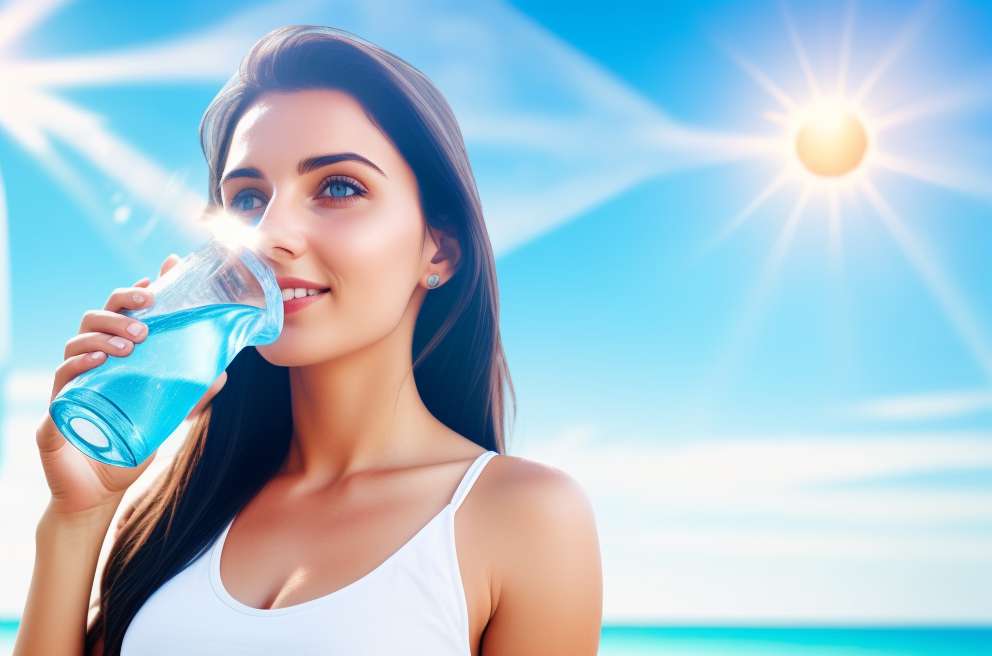Lose weight with white tea
May 2024

Factors such as high temperatures or excess exercise, can cause a level of dehydration in people. Some of its symptoms are fatigue, drowsiness, cramping and tachycardia. Learn to identify your symptoms and stay healthy.
Around the high temperatures that prevail in most of the Mexican Republic, the doctor José Luis Galicia Cruz of the IMSS, points out that these climatic changes causes decompensation of the organism, being the most vulnerable children under 6 years and adults over 60.
In this sense, the health expert commented that those who practice sports for long periods under the sun or perform daily activities in environments with high temperatures, as well as those who use some type of medication to control high blood pressure, are at risk of dehydrate .
Galicia Cruz reported that when someone suffers heatstroke , you should avoid exposing yourself to the sun; Wear very light clothes and put compresses with cold water to decrease the heat in your body. Although he clarified, it is best to go to your nearest doctor:
"Ideally, the patient should be stabilized; By not controlling dehydration, permanent damage to the brain, heart, lungs, kidneys and intestine of the person can occur. "
He also said that people who are overweight or obese, who are taking some anti-flu or anticonvulsant, are at greater risk of heat stroke:
"To prevent excess heat from harming one's health, one must remain in temperate environments, have a well-ventilated house, perform physical activity between 8 and 10 in the morning or after 6 pm and consume enough fluids."
To avoid dehydration you should drink plenty of fluids, especially on hot, dry and / or windy days. Keep in mind that drinking water does not add calories to your diet and is very beneficial for your health.
When you want to walk at high temperatures, remember to wear a hat or cap; light and clear clothes, so you stay fresh and sweat less. Health experts clarify that if during your walk or walk, you feel dizzy or thirsty, rest for several minutes; Sit in a cool place and drink natural water.
Not drinking caffeinated beverages, such as coffee, tea, and cola, can help you avoid dehydration. The reason is simple: The caffeine is diuretic , which makes you go to the bathroom more often.
Occasionally, dehydration may be a sign of something more serious, such as diabetes , so that the doctor may send you some tests to rule out other potential problems. Take it into account!